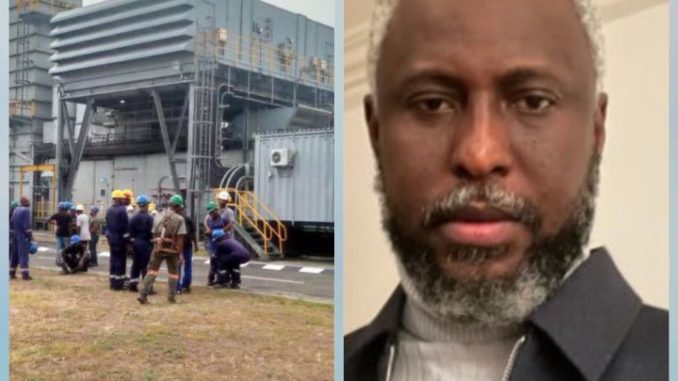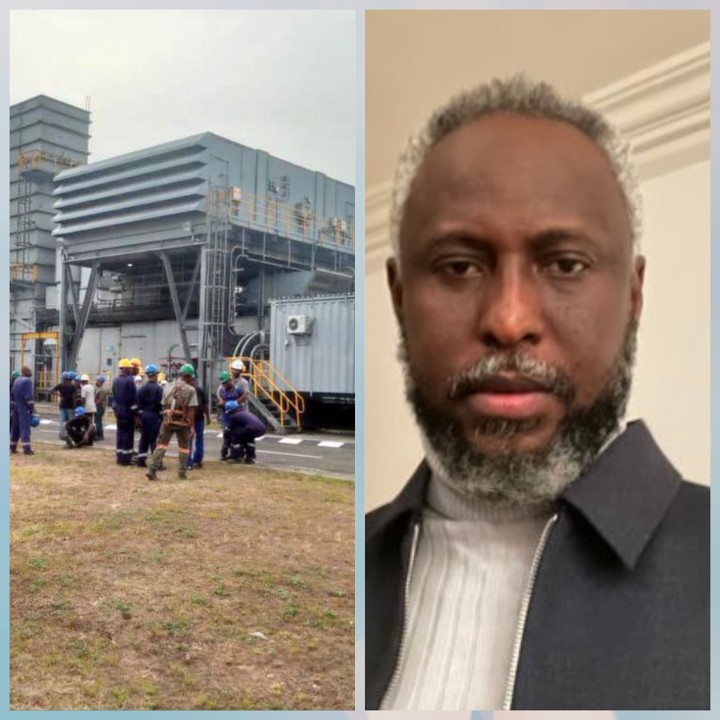
Here are my immediate thoughts on this very important milestone in the future of the power sector in Nigeria.
The power arrangement is an Embedded Power where power is generated close to the point of consumption, typically within an industrial or commercial facility or a specific geographic area.

In the case of Geometric Power Aba Ltd (GPAL) In the case of GPAL, it means that the power plant is located near Aba, where the electricity demand exists, rather than being part of a large centralized grid.
Power will thus be ring fenced to the 9 local government that will be impacted giving them 24/7 power.
For context of the size is 188MW, Lagos State generates around 800-1000MW monthly, even though demand is thought to be in the region of 2000MW.
Abia State, which falls under Enugu Disco, accounts for just 11.8% of the power on the grid.
So, assuming a total generation of 4000MW, it receives only 472MW, shared among all the states including Abia.
To grasp the magnitude of this development, a 188MW power plant operating 24/7 should generate approximately 135,360,000 kWh of electricity per month assuming operating at full capacity (not always the case).
Assuming an average consumption of roughly 500 kWh per household, this capacity could potentially impact around 270,720 households.
To deliver this power to the residents of Aba, several steps need to be taken. Firstly, the gas contract between Geometric and its gas suppliers needs to be airtight.
Without gas, the plant will be underutilized. They claim to have constructed a 27km natural gas pipeline to the location in Osisioma.
There will also be a Power Purchase Agreement (PPA) signed between Geometric, APLE (the local distributor), and the end-user customers.
These contracts will need to be enforceable. From what we gather, power will be sold to industrial customers first, and then to residents, possibly those living around the clusters.
Geometric also plans to sell power to the national grid. Aba is said to need around 100MW, while the rest will be sold to the grid. This sale will also require a contract to be signed between parties on the grid side. I suspect Enugu Disco and even PH will be off takers. Transmission and the gas companies will also be likely parties. TBH, GPAL will need grid off take as that helps with capacity utilization, a key component of tariff economics. If they don’t, it could impact cost and even service down the line. Good enough, there is demand downstream.
One issue that will need to be resolved is the legacy debts owed to the Discos by the customers. It’s either these debts will be written off forever, or the Disco and the customers will figure out a way to resolve them.
In terms of tariffs, it appears they will be implementing a cost-reflective tariff, which may not align with the current tariffs being charged under the national service-based tariff. I haven’t seen the details yet, but I suspect it could be higher. NERC will likely need to approve it.
There is an also the issue of redundancy that may have been created for legacy power assets in these communities. For example, transformers, 415 lines, distribution lines, meters etc. I suspect distribution use of service contracts may have been signed with the local disco. If that’s the case then customer should be slightly wary.
Will there be 24-hour power? I believe this could be the case, assuming the contracts are airtight and the usual challenges in Nigeria do not interfere.
Key issues to note are gas supply, maintenance contracts, tariffs, energy losses, and service levels. If there are any issues in any of these layers, the system could fail at some point.
For now, congratulations to the people of Aba and Abia State at large. This could be a major game changer not just for their local economy but for the country in general.
Finally, stakeholders in the industry, particularly those with a long-standing presence, will be closely monitoring how this unfolds. If the contracts are robust and service delivery is exceptional, it could serve as a model for others to emulate.
This development has the potential to disrupt the entire sector. As is typical with disruptions, there will be both gleeful winners and sore losers.
This is merely the beginning.
By Ugodre
